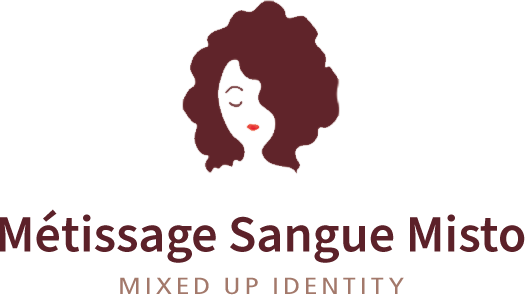See on Scoop.it – THE ONE DROP RULE – LA REGOLA DELLA GOCCIA UNICA
Diversity games can show us how we, as members of the human race, are limited in our thinking of others and how much we can learn from other cultures. These games can help your students or employees acquire knowledge and promote cultural communication in any enviroment that has a diverse background of people.
Using Board Games
There are board games available that teach diversity skills; many of which are created for special learning and group interaction scenarios. The strategy of diversity board games is to have fun while teaching diversity skills to a group and analyzing reactions on topics such as race, gender equality and ethnicity.
Many diversity board games consist of assessment strategies and tools for the participants to discuss after the game. There are also diversity board games that children can play, which are a fun way to teach lessons of diversity.
A great exercise is to teach children how to personalize their community board game with different ethnic group neighborhoods represented as squares similar to a Monopoly board game. Then once the board game is complete, the facilitator or teacher helps make up the rules of the board game and children can participate and gather information on the ethnic groups in the neighborhood.
Trading Places
There are games that focus on interethnic group tension and how cultural differences create barriers to communication. Participants "switch sides" to take on a cultural group’s perspective and identity different from their own cultural identity. This game is designed to increase individuals’ compassion for other cultural groups.
Participants are randomly assigned an ethnic group: an African-American, Asian-American, Jewish-American or Latino-American. In these groupings, participants learn about different cultural challenges in leading a company or organization and are given scenarios to act out pertaining to racial and gender issues in the workplace. The facilitator of the game can determine how long the game can be played. The game can also be played over multiple workshops or class days.
Geography and Culture Games
Games that explore how people in other countries live are great for children because it trains them to consider other people from all walks of life. They also teach children about the systems various cultures live in according to climate, geography, animal life and culture.
This game is simple to create. All you need are a world map or globe, printed online reference materials, outline maps of countries studied and a computer with Internet access.
Begin by telling your students to imagine traveling to several parts of the world that you’ve selected. Students must identify the countries of the world and point them out on a large world map or a globe.
You can assign subgroups to write essays based on research on a potential country assigned to them, present a review or "talk" on the country using maps, globes and reference materials. In this game, challenge students to plan an imaginary trip to another country. The facilitator can select a country and assign the children to find out travel costs (air fair, hotels) for a five-day stay.
Flash Card Games
Educational institutions and corporate businesses use flash card games to teach students and/or employees the importance of cultural communication. An example of a flash card game is identifying the ethnic person or group on the card.
An example of playing the game is having an individual pick a flash card with cultural information and then he becomes the person who represents that culture. Individuals in the group are allowed to ask that person various questions about her culture with the moderator of the group taking notes and performing an end-of-session assessment.
In summary, diversity learning games can teach people facts about other cultures. These facts can eliminate bigotry and prejudice, which provides a greater understanding of people and the human race.




